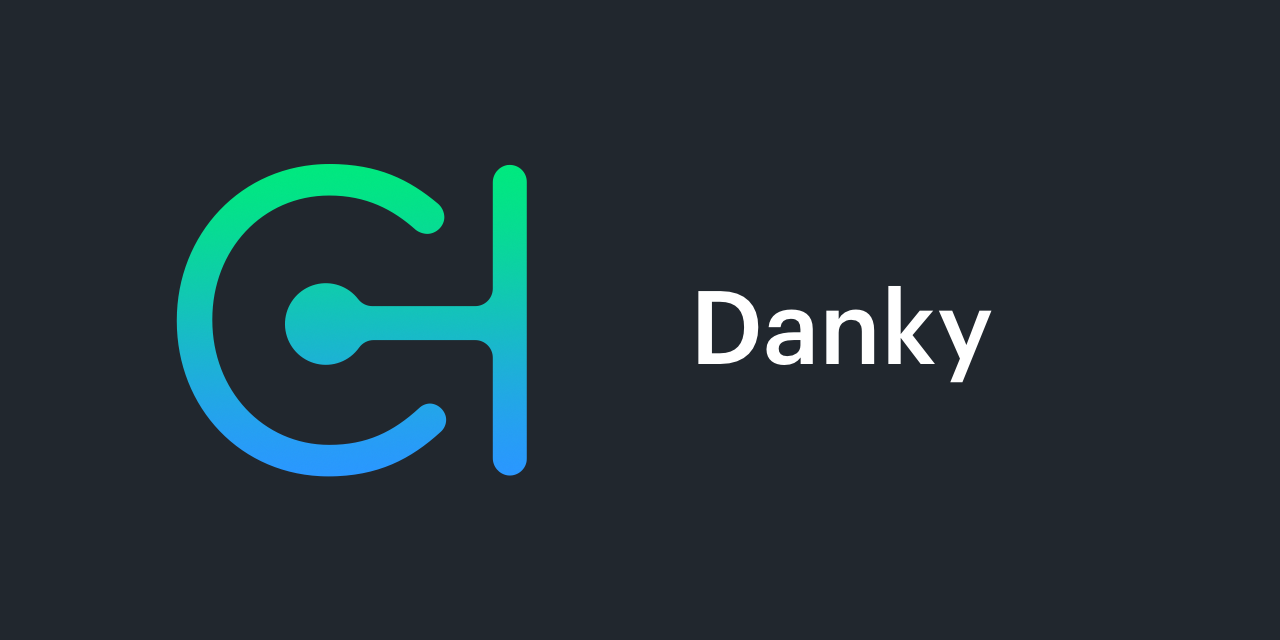When it comes to templates there are two distinctive approaches. You have raw code, and template-syntax where there's no programing language but placeholders for limited programming functionality. Code below is a raw template, where you use a PHP file with explicit <?php placeholders for PHP syntax, the primitive way to create templates.
// greet.php
<h1><?php echo $greet; ?></h1>
Then there's template-syntax which appeared as an answer to how ugly and unsafe it gets to create raw templates. In this context, placeholders are used to define strings that will get replaced.
// greet.tpl
<h1>{{ greet }}</h1>
In this post I explain what is wrong with these template systems and what I'm doing about it.
# Templates are broken
I get the idea of template files being anon bytes of code that can be re-used. But I don't see why these need to be not scoped and not declare the variables it needs to handle. Templates are files without any signature on the variables required for the rendering, the only way to tell which variables are required is on runtime/compilation.
This brings a lot of issues:
- Unrestricted access to data (raw templates).
- Requires introspection to know which variables are required.
- Can't tell if the template is missing a variable unless it panics.
- Templates gets harder to test.
- It makes to repeat yourself.
The more relevant issue is that templates makes you to repeat yourself because of the unpredictable coupling between template and its replacements. If the template file change variables, the system that perform template parsing and the test to check the outcome must change.
# Save <nil> on your ride
This error on Uber (reported by @ynorsk, @rogeriopvl, @delroth_ and @ignacio_s) is remarkable as users received a notification message that reads:
Ready to ride again? Save <nil>
To get these nil savings it means that someone forgot to check for the passed value and a null got fault-tolerant interpreted as <nil>. This can happen in any weak-typed system, not limited to just templates. I ignore how Uber handles the generation of that text, but it doesn't matter as the issue that should be troubling your head right now is how a company of the size and technological footprint as Uber can be affected by something like this where a simple string type declaration would have prevent that text from being generated.
# Introducing Danky
Danky is a native typed template system for PHP. Contrary to all other template systems and engines, in Danky templates are classes, which declare its scope and variables, adding language level context to templates.
Some benefits of using Danky:
- Explicit scope, variables and types.
- Static template wiring (linting, references, etc).
- Easy re-factoring, one-click class renaming.
- Templates become trivial to test.
There's also a few caveats:
- Requires auto-loading.
- You have to write a bit more.
The tradeoff is more than appealing. Sure, you have to organize your template in such fashion compatible with auto-loading, but as your other logic classes are already doing that is not that dramatic isn't? Also, you don't need to to learn a new syntax, Danky is just PHP code and the extra verbosity shouldn't really bother you.
# Demo
🦄 In Danky, templates explicit declare its scope.
<?php // Quote.php
use Chevere\Danky\Template;
class Quote extends Template
{
public function __construct(string $text, string $author) {
$this->render =
<<<HTML
<quote>"$text" --$author</quote>
HTML;
}
};
That <<<HTML ... is Heredoc syntax string literal. In Danky, you use all the stuff that has been always there to handle multi-line string literals. Heredoc is great for templates as it evaluates variables, making templates clean to read.
Templates must assign the $render property, which accepts string and Template types. When needing to render the template is easy as:
<?php
echo
new Quote(
text: 'Hello, world!',
author: 'Rodolfo'
);
Which echoes:
<quote>"Hello, world!" --Rodolfo</quote>
🥳 Congratulations! You mastered Danky.
# Name meaning
The name and logo comes from a popular ice-cream sold in Chile, for the meaning refer to Urban Dictionary.
# Get Danky
Danky is available through Packagist and the repository source is at GitHub.
👉 Check the documentation to start using Danky today.
